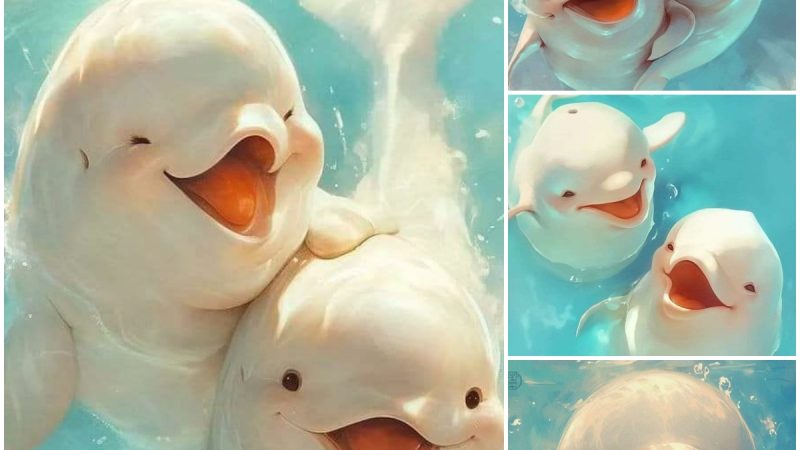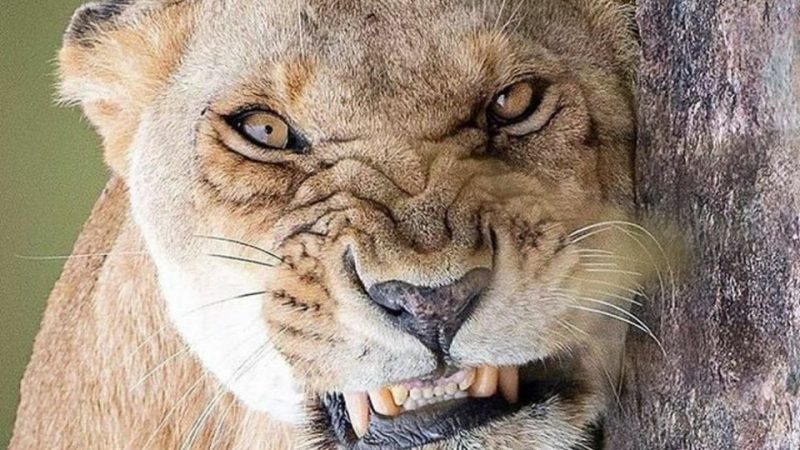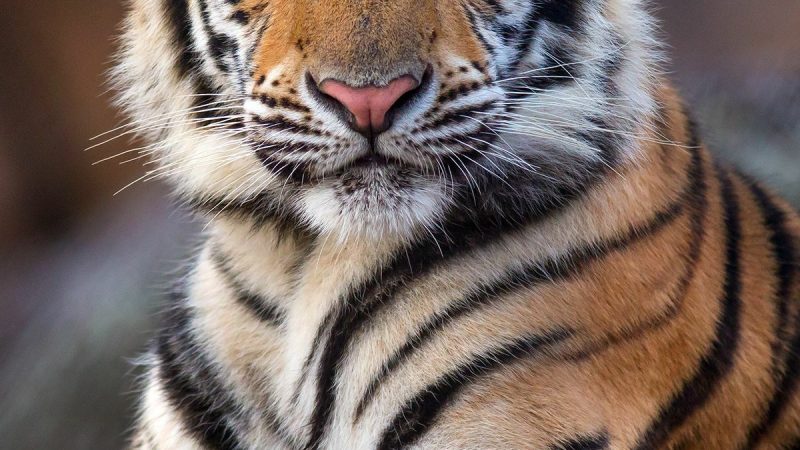A humpback whale accidentally capsized a fishing boat off the coast of New Hampshire while charging at its prey.
A humpback whale recently caused a fishing boat to capsize off the coast of New Hampshire. The incident occurred when the whale leapt out of the water near Rye, New Hampshire, at Odiorne Point. Wyatt and Colin Yager captured the dramatic moment when the whale emerged from the depths, crashing down onto the stern of the nearby small boat, overturning it. Although the two people on the boat were thrown into the water, neither they nor the whale appeared to be injured, according to a National Geographic report on July 24.

Dr. Alisa Schulman-Janiger, a marine biologist with the California Killer Whale Project, confirmed that the incident was purely accidental and that the whale did not intend to attack the boat. “The incident was a collision between a whale focused 100% on feeding and a stationary fishing boat with no noise or movement,” Schulman-Janiger explained. “In the video, you can see small fish leaping from the water and the whale’s mouth open wide.”
Humpback whales primarily feed on small crustaceans known as krill, as well as schools of herring, cod, mackerel, and small fish. To catch prey, these marine mammals sometimes use bubble nets to corral fish to the surface, tricking them into believing they are trapped and forcing them to swim upward. The whale then lunges upward with its mouth open, engulfing the entire school in one gulp.

In this case, Schulman-Janiger noted that the whale was feeding on Atlantic sardines in the Piscataqua River between Maine and New Hampshire for several days—a somewhat unusual occurrence for that area. The Coast Guard also took note of the lone whale in the region and issued a warning to mariners to be cautious, according to Dianna Schulte, co-founder and research director of the Blue Ocean Conservation Society. Schulman-Janiger emphasized that the boat operators did nothing wrong. They had turned off their engine and made no attempt to interact with the whale.
In areas with high concentrations of rapidly spawning small fish, humpback whales exploit the easy meals and may pay little attention to objects on the surface, including boats. During feeding, humpback whales are highly unpredictable and active at the surface. Even a collision with a boat does not deter them from continuing their meal. Reports from the scene indicate that after the collision, the whale continued to feed for an additional four hours.
The National Oceanic and Atmospheric Administration (NOAA) advises fishermen not to cast lines or drop nets near humpback whales or areas with bubble nets. Additionally, boats should reduce their speed to 18.5 km/h in areas where whales are commonly seen to avoid collisions.



